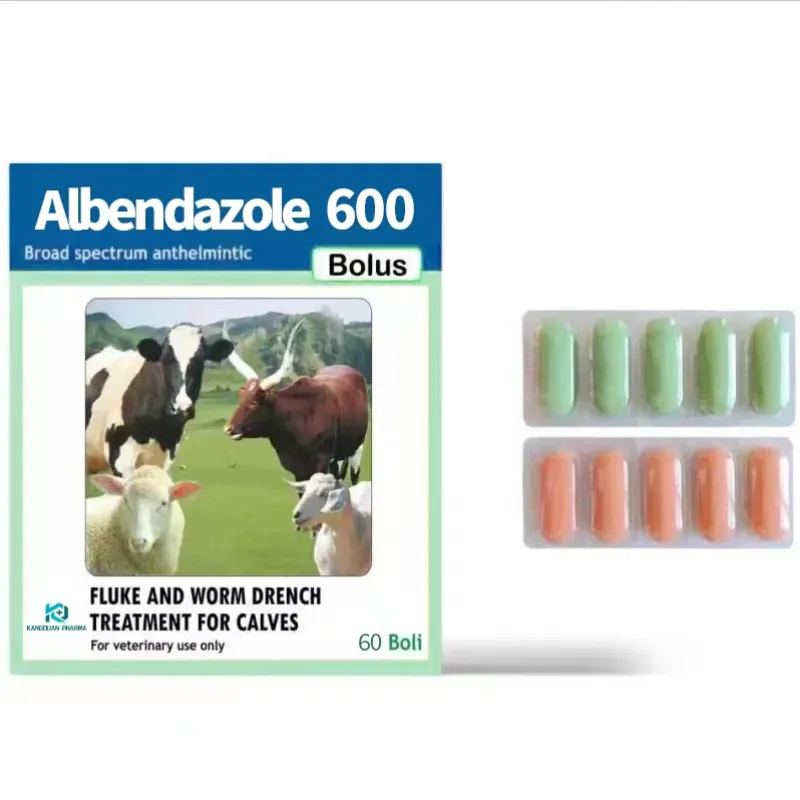- Afrikaans
- Albanian
- Amharic
- Arabic
- Armenian
- Azerbaijani
- Basque
- Belarusian
- Bengali
- Bosnian
- Bulgarian
- Catalan
- Cebuano
- Corsican
- Croatian
- Czech
- Danish
- Dutch
- English
- Esperanto
- Estonian
- Finnish
- French
- Frisian
- Galician
- Georgian
- German
- Greek
- Gujarati
- Haitian Creole
- hausa
- hawaiian
- Hebrew
- Hindi
- Miao
- Hungarian
- Icelandic
- igbo
- Indonesian
- irish
- Italian
- Japanese
- Javanese
- Kannada
- kazakh
- Khmer
- Rwandese
- Korean
- Kurdish
- Kyrgyz
- Lao
- Latin
- Latvian
- Lithuanian
- Luxembourgish
- Macedonian
- Malgashi
- Malay
- Malayalam
- Maltese
- Maori
- Marathi
- Mongolian
- Myanmar
- Nepali
- Norwegian
- Norwegian
- Occitan
- Pashto
- Persian
- Polish
- Portuguese
- Punjabi
- Romanian
- Russian
- Samoan
- Scottish Gaelic
- Serbian
- Sesotho
- Shona
- Sindhi
- Sinhala
- Slovak
- Slovenian
- Somali
- Spanish
- Sundanese
- Swahili
- Swedish
- Tagalog
- Tajik
- Tamil
- Tatar
- Telugu
- Thai
- Turkish
- Turkmen
- Ukrainian
- Urdu
- Uighur
- Uzbek
- Vietnamese
- Welsh
- Bantu
- Yiddish
- Yoruba
- Zulu
ኅዳር . 19, 2024 09:20 Back to list
Effective Treatments for Sheep Worm Infestations and Management Strategies for Farmers
The Importance of Sheep Worm Medicine
Sheep farming is a vital part of agriculture in many regions of the world. These gentle creatures provide us with wool, milk, and meat, contributing significantly to our economy and sustenance. However, just like any other livestock, sheep are susceptible to various health issues, particularly parasitic infections. One of the most pressing concerns for shepherds worldwide is the prevalence of sheep worms. These parasites can cause serious health problems, leading to weight loss, anemia, and in severe cases, death. Therefore, the use of effective sheep worm medicine is crucial in maintaining a healthy flock.
Understanding Sheep Worms
Sheep worms, also known as gastrointestinal nematodes, are common parasites that inhabit the digestive tract of sheep. The most notorious types include Haemonchus contortus, Teladorsagia circumcincta, and Trichostrongylus species. These parasites thrive in warm, moist environments and can reproduce rapidly, making them a constant threat in many grazing areas. Infection often occurs when sheep ingest worm larvae while grazing. Once inside the sheep’s stomach, these worms can cause a range of health issues, including decreased appetite, lethargy, and poor fleece quality.
The Impact of Infections
The economic impact of sheep worm infestations can be substantial. Infected sheep typically exhibit stunted growth and reduced weight gain, which can affect overall productivity. Furthermore, the costs associated with veterinary care, medication, and potential loss of livestock can quickly add up, making sheep worm management essential for any sheep farmer. Additionally, the presence of these worms can lead to an increased risk of secondary infections, further complicating the health management of the flock.
Prevention and Treatment
sheep worm medicine

Preventing and treating sheep worm infections involves a comprehensive approach that includes both management practices and the use of effective medications. Regularly rotating grazing areas can significantly reduce the worm burden in pastures, limiting the sheep’s exposure to larvae. Furthermore, maintaining proper hygiene and sanitation within the sheep pen can minimize the risk of infection.
When it comes to treatment, several anthelmintic medications are available on the market. These drugs work by targeting the worms either by paralysis or by disrupting their metabolism, which ultimately leads to their death. Commonly used sheep worm medicines include ivermectin, fenbendazole, and moxidectin. It is essential for farmers to consult with a veterinarian when selecting a treatment plan, as overuse or misuse of medications can lead to resistance, making future treatments less effective.
The Challenge of Resistance
One of the most significant challenges in sheep worm management is the development of resistance to anthelmintics. Over-reliance on a single class of dewormers can lead to a population of worms that no longer respond to that treatment. As a result, farmers may find themselves stuck in a cycle of trying various medications without success. To combat this issue, it is crucial to implement a strategic deworming program that includes periodic fecal egg counts to monitor worm levels and adjust treatments accordingly.
Integrating non-chemical methods, such as selective breeding for sheep that display resistance to worms, can also contribute to sustainable sheep management. These practices help reduce the dependency on chemical treatments and combat the increasing threat of drug resistance.
Conclusion
In conclusion, effective sheep worm medicine is a vital aspect of sheep husbandry. By understanding the impact of worms, employing preventive measures, and utilizing appropriate treatments responsibly, farmers can improve the health and productivity of their flocks. As agriculture continues to adapt to new challenges, developing sustainable and effective parasite management strategies will be essential in ensuring the health of sheep and the success of sheep farming as a whole. A proactive approach not only benefits the sheep but also strengthens the agricultural economy and enhances food security for communities reliant on these animals.
-
Guide to Oxytetracycline Injection
NewsMar.27,2025
-
Guide to Colistin Sulphate
NewsMar.27,2025
-
Gentamicin Sulfate: Uses, Price, And Key Information
NewsMar.27,2025
-
Enrofloxacin Injection: Uses, Price, And Supplier Information
NewsMar.27,2025
-
Dexamethasone Sodium Phosphate Injection: Uses, Price, And Key Information
NewsMar.27,2025
-
Albendazole Tablet: Uses, Dosage, Cost, And Key Information
NewsMar.27,2025













